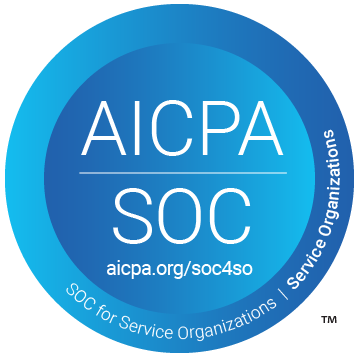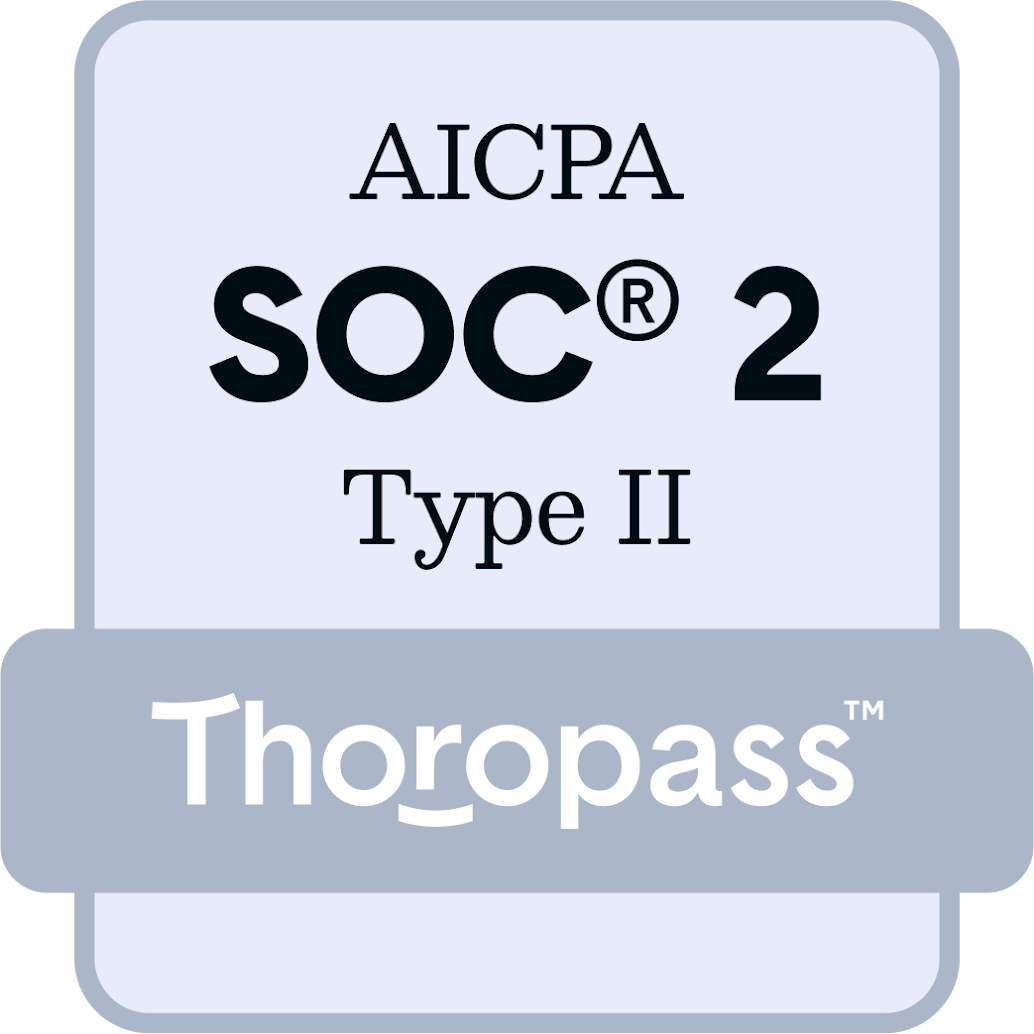CHROs: The New Power Players in the Boardroom
September 20, 2023
Joyce Chen

The Equilar CHRO Content Series offers insights and trends related to top HR officers among the largest U.S. companies. This installment analyzes the prevalence of Russell 3000 boards with CHRO experience.
The board of directors encompasses a multitude of responsibilities, ranging from shaping corporate policies to providing strategic guidance to top-level decision-makers. More recently, chief human resources officers (CHROs) have been increasingly considered for board positions. This shift highlights the recognition of the invaluable expertise CHROs bring to the table. Their profound experience in human resources positions them as pivotal collaborators with other executives in developing business strategies. They adeptly strike a harmonious balance between employee well-being and corporate interests, excel in talent acquisition and seamlessly translate strategies into actionable plans among employees.

Although new director appointments between 2020 and 2022 decreased from 2,802 to 2,502, resulting in a 10.7% decrease, there was a significant uptick of 145.5% in the prevalence of new directors with CHRO experience during the same period, increasing from 1.1% to 2.7%. This sizable surge underscores a growing emphasis on appointing individuals with HR expertise as directors within the Russell 3000 index. The shift in director appointments suggests that companies are increasingly prioritizing HR knowledge, reflecting a recognition of the pivotal role human resources plays in corporate decision-making and governance.

Over a two-year period, the overall number of unique directors in the Russell 3000 index experienced a substantial increase of 23.6%, growing from 18,771 to 23,209. Concurrently, the count of unique directors in the Russell 3000 index who have CHRO experience saw an uptick of 50%, increasing from 0.6% in 2020 to 0.9% in 2022. The increase in directors with CHRO backgrounds underscores a growing recognition of the significance of HR expertise in corporate governance and decision-making within these organizations. Moreover, it may reflect broader trends in corporate leadership and governance, indicative of a desire for diverse skill sets among corporate boards.
The growing interest in recruiting CHROs to corporate boards is not coincidental but rather rooted in the substantial overlap between their roles and the core functions of the board itself. This alignment makes their expertise invaluable in boardroom discussions. At the core of a CHRO’s skill set lies a profound understanding of talent management strategies, ranging from the initial recruitment process to long-term succession planning. The recruitment of top-tier candidates is key in shaping an organization’s future and success. This responsibility does not solely lie on the human resources team but is a significant aspect of the CHRO’s vision. Their expertise ensures that governing boards have access to invaluable insights, facilitating the selection of individuals with the appropriate skills for top positions within the organization.
Furthermore, CHROs play a pivotal role in shaping an organization’s culture and promoting diversity, equity and inclusion (DEI) initiatives. CHROs are well-versed in implementing policies and initiatives that create an inclusive workplace, foster innovation and improve employee morale. Boards recognize that a strong corporate culture and a diverse workforce contribute to long-term success and shareholder value. Additionally, CHROs are attuned to the risks associated with human capital, such as talent shortages, workforce disruptions and employee relations issues. They can provide valuable input to boards in identifying, assessing and mitigating these risks, ultimately ensuring the organization’s resilience in the face of unforeseen challenges.
CHROs’ proficiency extends beyond the confines of traditional HR functions. They excel in managing relationships and communications across various stakeholders, encompassing employees, investors and clients. Effective stakeholder engagement is vital for building trust and enhancing the organization’s reputation. As CHROs assume pivotal roles in strategic decision-making, their presence on the board ensures that human capital strategies align with broader corporate objectives, which is essential for achieving sustainable growth and competitiveness.
Moreover, CHROs are skilled in managing organizational change, an imperative in today’s fast-paced business environment. They can offer guidance to boards when navigating significant transitions, such as mergers and acquisitions, thereby facilitating smoother transitions for employees and stakeholders alike.
CHROs bring a multifaceted skill set to corporate boards that directly contribute to the board’s effectiveness in guiding and overseeing the organization. Their expertise spans various critical areas, including talent management, culture development, compliance, stakeholder engagement, risk management, and strategic alignment. This diverse skill set positions them as highly sought-after candidates for board positions, as they play a pivotal role in shaping the future success of companies.
CHRO Navigator is a program designed for the modern HR leader. The program provides resources for governance and compensation trends, peer discussions and networking opportunities.
Contact

Joyce Chen
Associate Editor at Equilar
Joyce Chen, Associate Editor at Equilar, authored this post. Ryan Cody, Research Analyst, and Andrew Jeong, Research Analyst, contributed data and analysis. Please contact Amit Batish, Sr. Director of Content & Communications, at abatish@equilar.com for more information on Equilar research and data analysis.
 Solutions
Solutions















